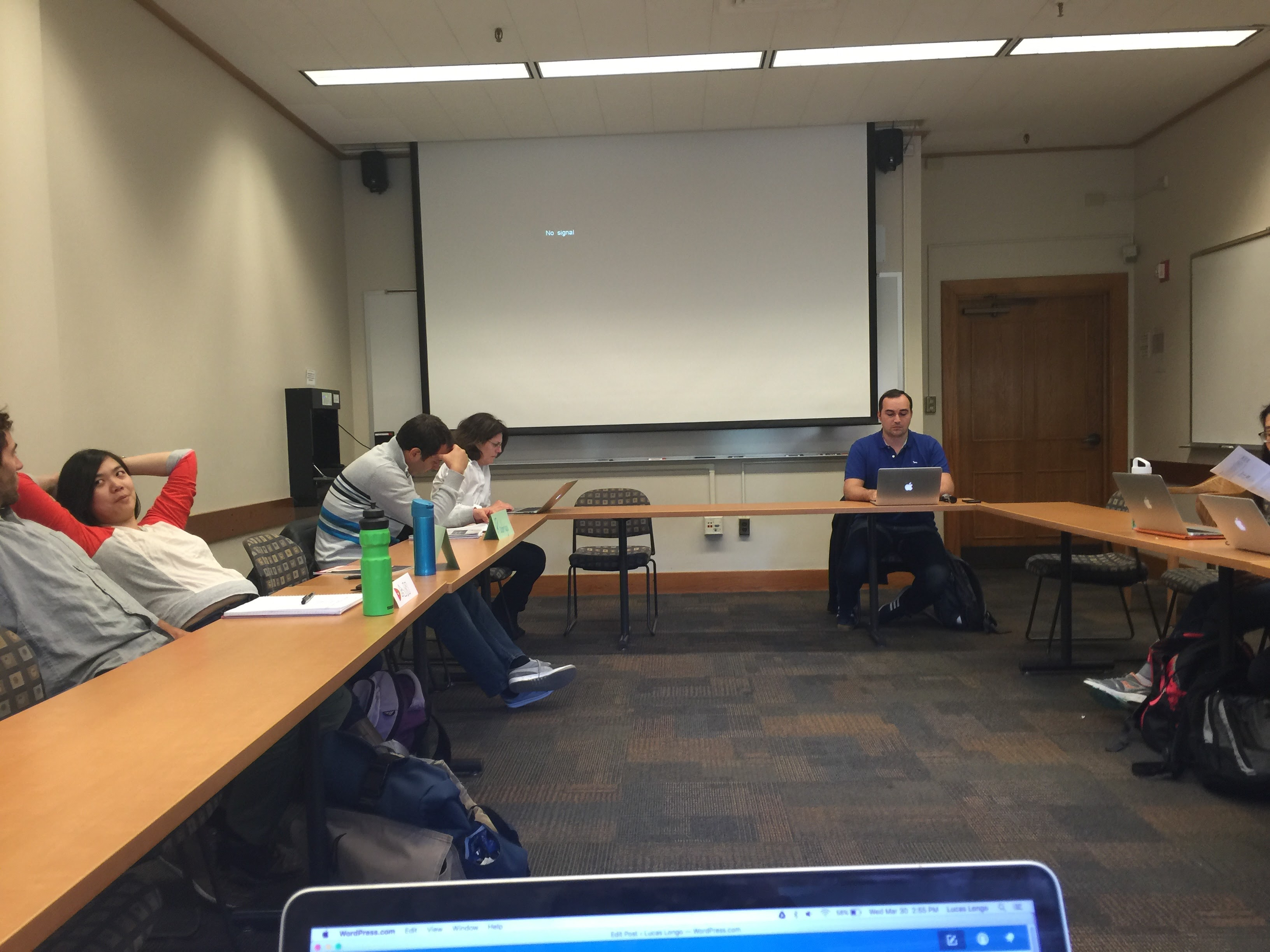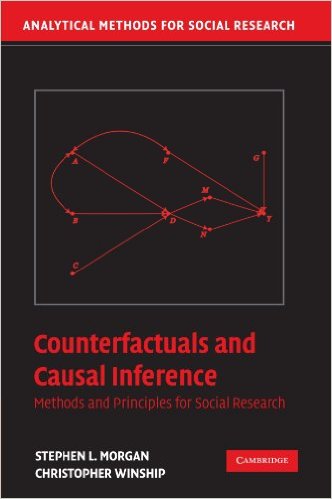
This week we discussed “Hypothesis Testing Methods at Scale” and “Causal Inference” based on the reading of “Counterfactuals and Causal Inference” by Stephen Morgan and Christopher Winship (Cambridge Press).
Educational Content Producer

This week we discussed “Hypothesis Testing Methods at Scale” and “Causal Inference” based on the reading of “Counterfactuals and Causal Inference” by Stephen Morgan and Christopher Winship (Cambridge Press).
Sorry to say but the class was extremely boring… looking in more detail what we can do with Machine Learning and textual analysis…
This week we kept on advancing on the Machine Learning, more specifically about textual analysis. We went over the “bag of words” technique of trying to make predictions about the type of annotation created with Laguna Stories.
Seems a little counterintuitive that by simply analyzing the word count in the comments would generate any viable conclusion, yet it seems like it could. Not to say that this is magic, but very detailed work in coding the information, training the algorithm with enough data, and then iterating through the process of adjusting the parameters, groupings, and sometimes even going back to coding the data.
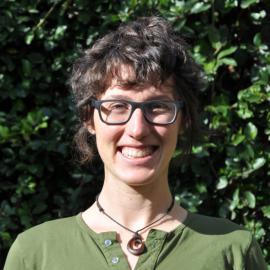
Great talk today about how machine learning – the second of a series. We looked at collecting, cleaning, and coding data to create the training data set in a supervised learning model.
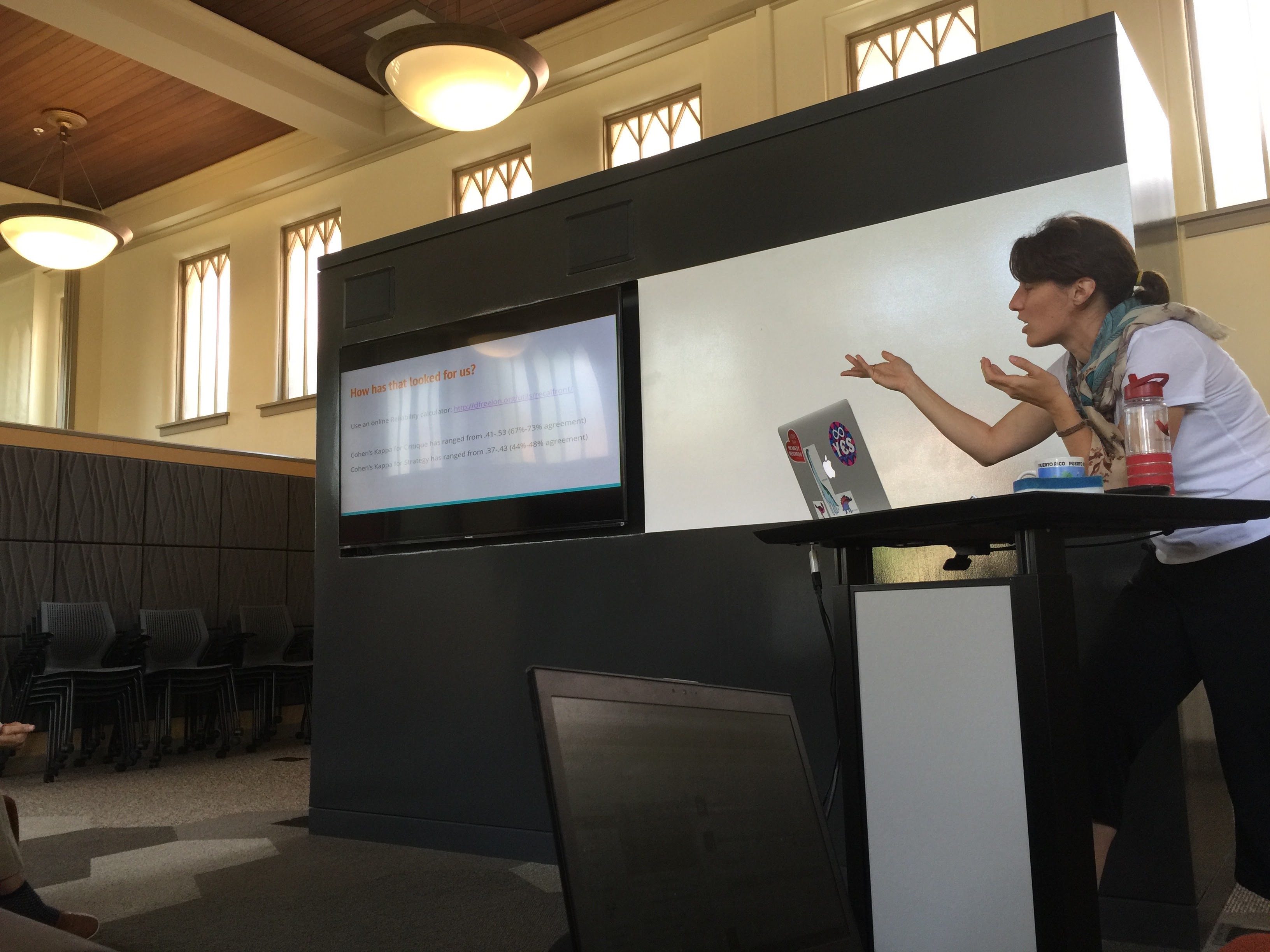
Emily Schneider, PhD candidate in Learning Sciences and Technology Design at Stanford University’s Graduate School of Education.

She is doing research on Lacuna Stories – a very cool document annotation tool that teachers can use to observe reading comprehension and critical interpretation. It was created by the Poetic Media Lab – yet another very interesting group here at Stanford that I didn’t know about… FoMO!
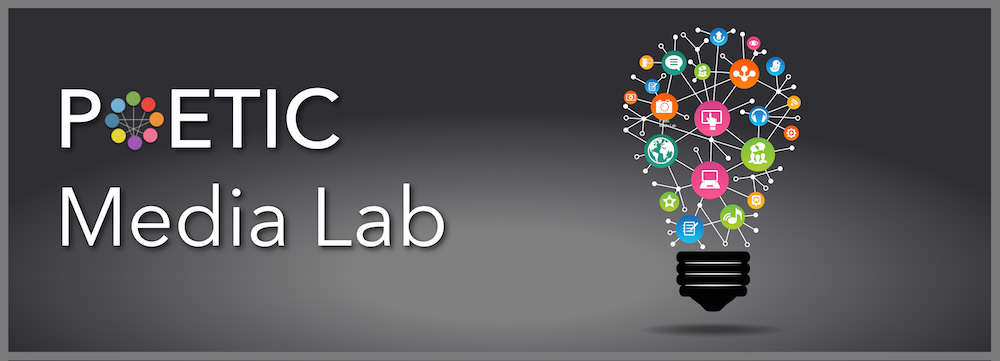

Had a great presentation today on Machine Learning – the first of a series of 3 sessions -by Iris Howley. We went over the basic types of machine learning such as supervised and unsupervised learning as well as styles:


Good class. Went over research terminology and talked in pairs about each term to clarify any missconceptions. My pair was Anita Tseng, who is doing some very intersting research on common scientific misconception on the internet and social media.
Quick exercise we did in class… write down our own research goal and discuss with our partners based upon it.
My Research Goal
(to do… go through Candace’s slides to evaluate my research question)
The Research Methods Knowledge Base: 3rd edition by William M.K. Trochim and James P. Donnelly. Chapter 1
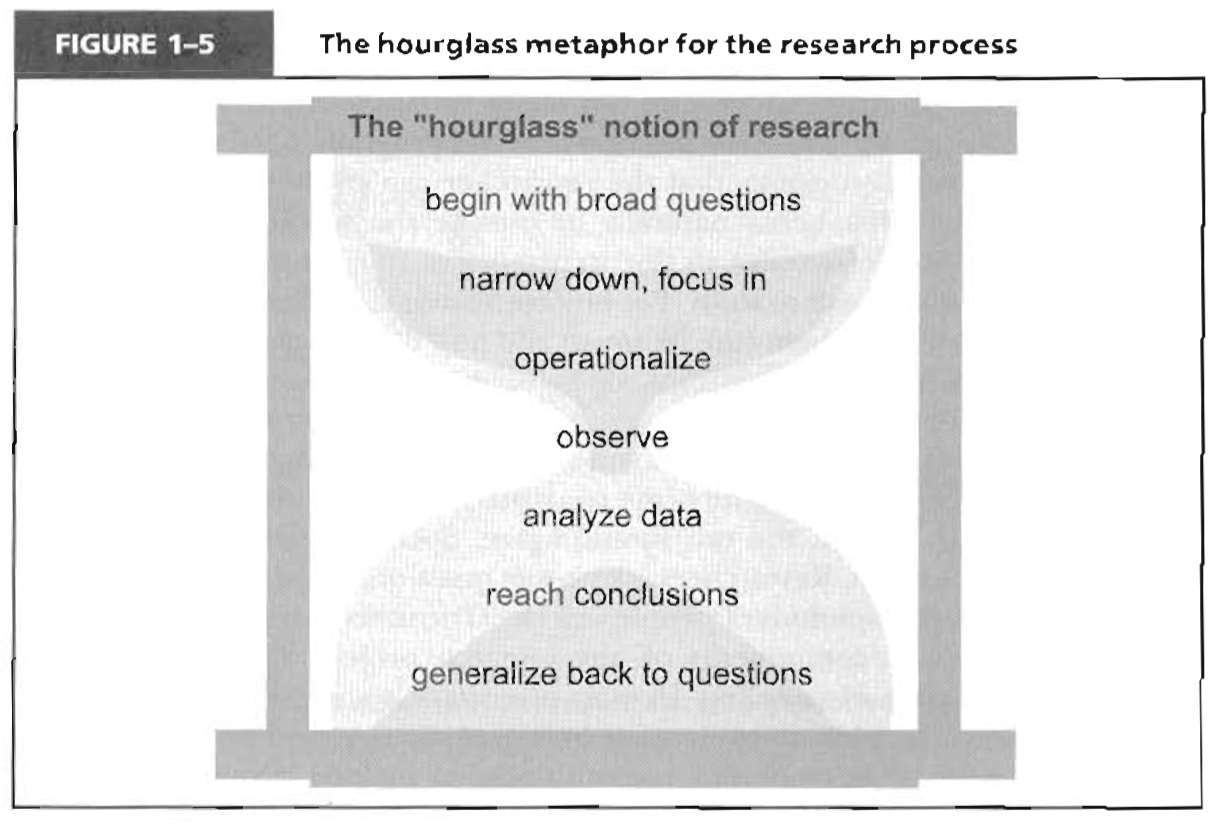
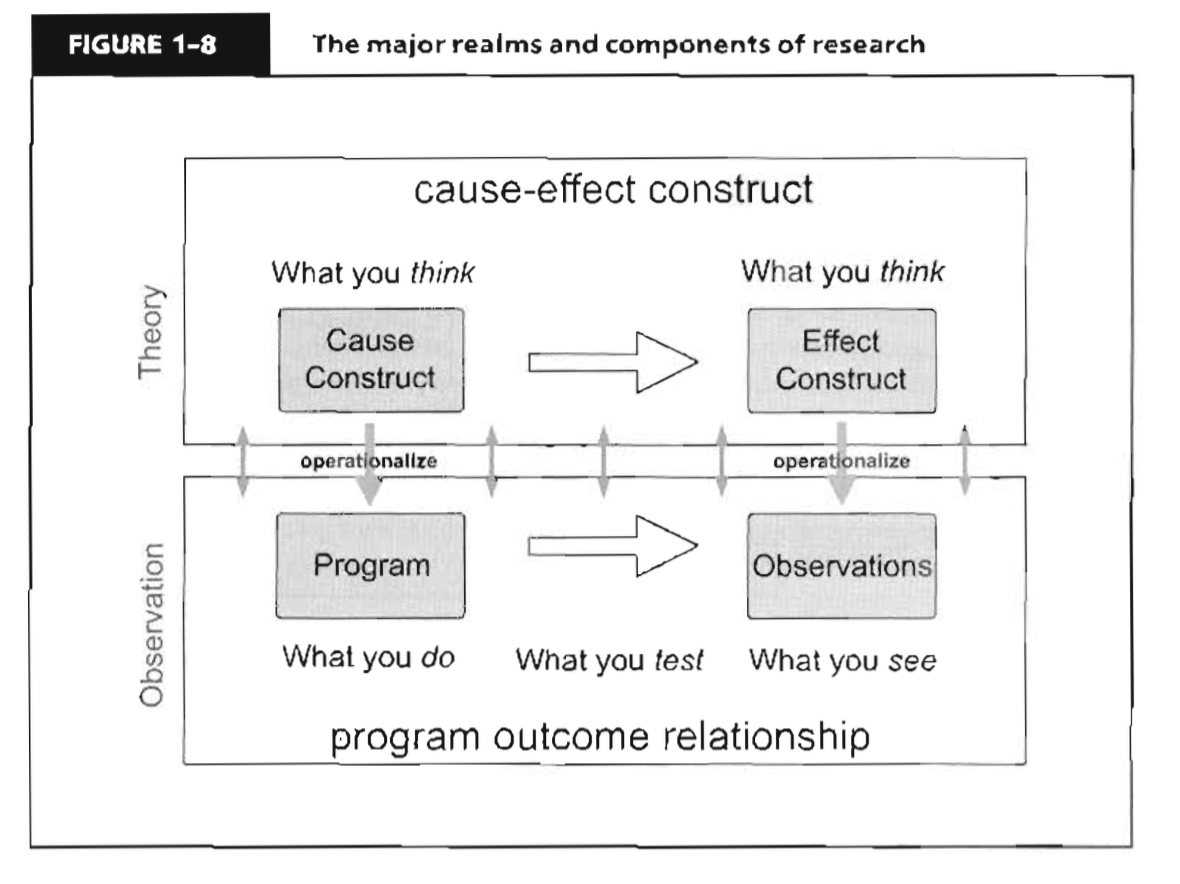
Nathan, M., & Alibali, M. (2010). Learning sciences. WIREs Cognitive Science. DOI: 10.1002/wcs.54
Great initial class going over what the Lytics Lab does: looks at data provided by online education and contributes to the emerging field of Learning Sciences. Sounds like it will be a perfect match for the the Engineering Education course which looks at the ‘front-end’ of education while this class looks at the ‘back-end’.
Terrible picture – got into class early – class is packed actually!
